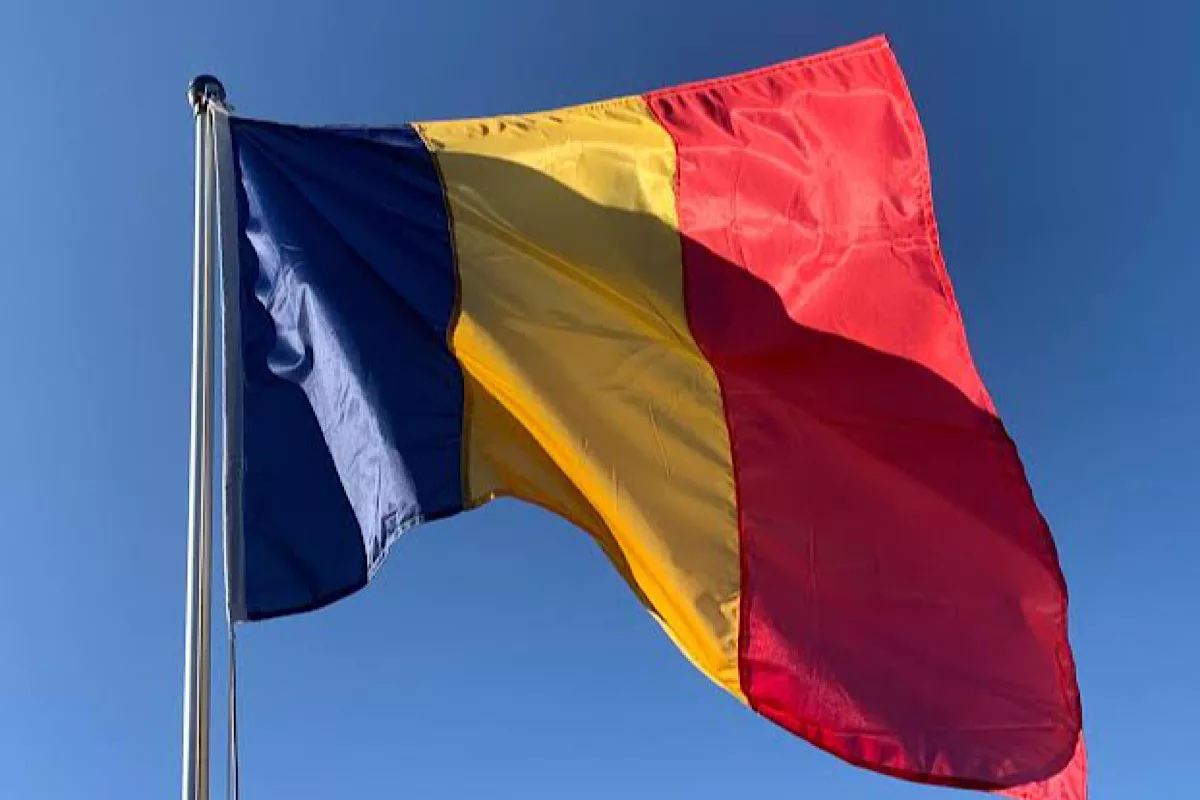The unfolding political crisis in Romania reflects a deeper reckoning with the nation’s democratic identity. Once hailed as an Eastern European democratic success story, Romania now finds itself teetering on the edge of a dangerous shift. At the heart of this struggle is the rise of far-right populism, amplified by economic frustration, disillusionment with political elites, and external interference that preys on domestic grievances. In many ways, Romania’s challenges are not unique.
Across Europe, nationalist movements have gained traction by exploiting fears over sovereignty, economic security, and cultural identity. What sets Romania apart is the intensity of its current political upheaval. The cancellation of its presidential election, following allegations of foreign meddling, has only deepened public mistrust in the political system. For many Romanians, it is not simply a legal or constitutional debate ~ it feels like a betrayal of their democratic aspirations. Voters in rural areas, especially those left behind by economic modernisation, have turned to candidates who offer simplistic solutions to complex problems.
Advertisement
Promises to cut taxes, restore national pride, and reject outside influence resonate in villages where young people leave in search of work and public services crumble. These communities feel forgotten by mainstream politicians, and their support for far-right figures is often less about ideology and more about desperation. However, the danger lies in how easily economic discontent can be manipulated into extremist rhetoric. When political leaders evoke nostalgia for a mythical past or promote exclusionary policies in the name of national renewal, they risk undermining the democratic foundations a country has worked so hard to build. The demonisation of minorities, calls for restrictions on free speech, and attacks on judicial independence are clear warning signs of democratic backsliding. What complicates matters further is the shifting international context. Traditional alliances are no longer as stable or predictable.
External actors, including global powers with authoritarian leanings, find common cause with far-right movements in Europe, including Romania. This convergence of interests creates an environment where misinformation spreads quickly and democratic norms are challenged from within and without. Romania now stands at a crossroads. The country’s history offers painful reminders of what can happen when democratic principles are abandoned. Yet its future is not predetermined. Civil society activists, independent institutions, and engaged citizens continue to push back against extremism. Their efforts highlight the resilience that still exists within Romanian democracy.
But this is not a battle that can be left to a few voices. It requires a collective commitment to the difficult work of addressing economic inequality, restoring trust in public institutions, and reaffirming the values of inclusion and pluralism. The stakes are high ~ not just for Romania, but for the broader European project. The defense of democracy here will signal whether Europe can withstand the growing tide of illiberalism or if it will falter at one of its most vulnerable points.
